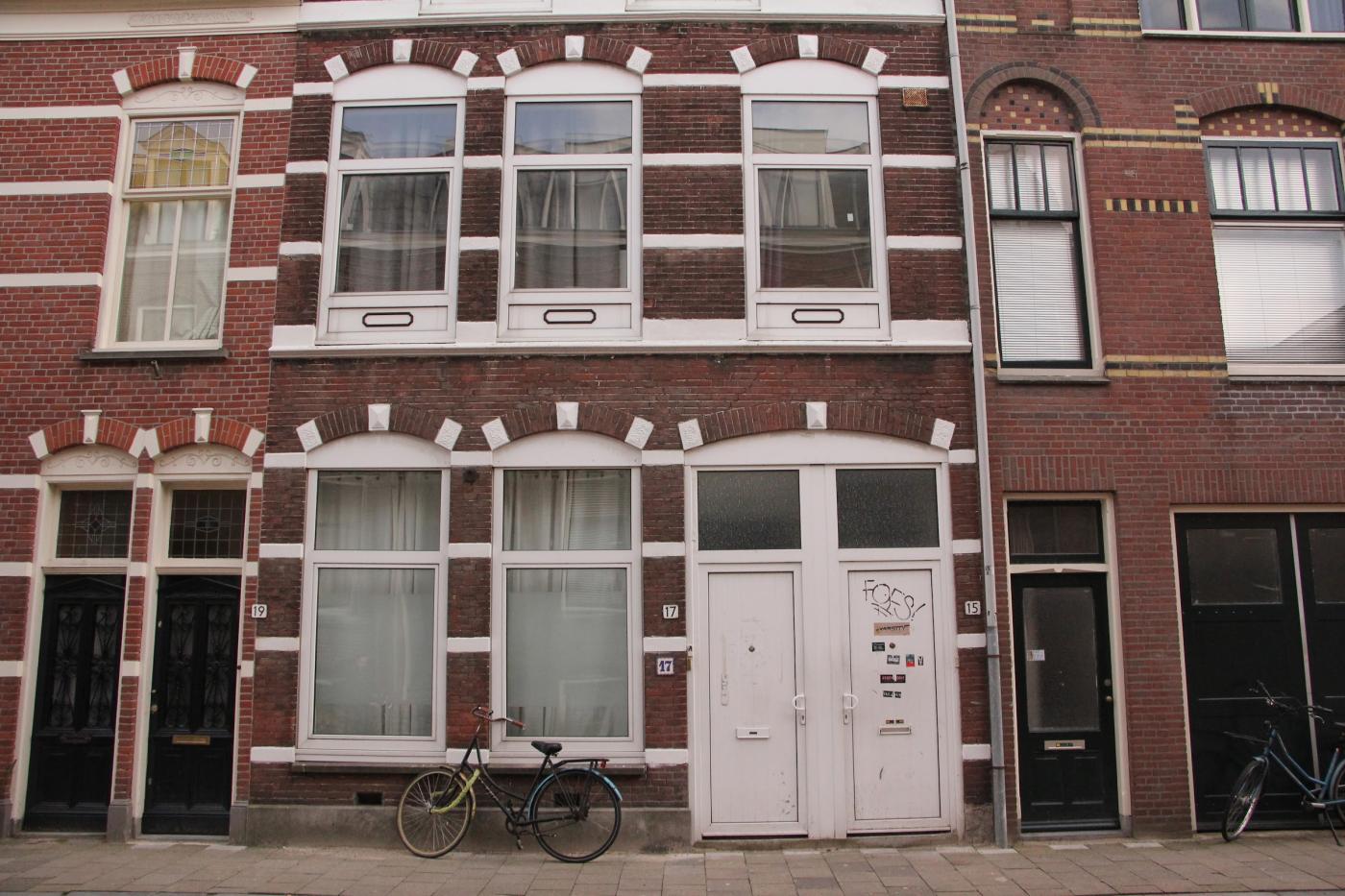Non-Europeans targeted in fraud checks
Discrimination by DUO worse than assumed

Earlier this spring, the outgoing cabinet apologised for the "indirect discrimination" committed by DUO's system to combat fraudulent applications for a basic grant for students living away from home.
These apologies came after PwC confirmed the outcome of a journalistic investigation that revealed that DUO’s investigators target students with a migration background more often.
There were no precise figures on students' migration backgrounds. Everything was done based on last names and assessments. But now the statistics agency CBS has shared data with Algorithm Audit, a foundation that advises on the use of algorithms and it turns out that things were even worse than expected.
Bias
"It looks like the bias was even more pronounced than we thought”, writes the Minister of Education, Robbert Dijkgraaf, in a letter to the House of Representatives. DUO used an algorithm for the initial screening of suspicious students. This "risk profile" considered age, the level of the degree programme pursued, and the distance between the student's home and where their parents lived. This means an 18-year-old student enrolled in secondary vocational education (MBO) living around the corner from their parents was more likely to appear on the radar than a 22-year-old university student who moved to the other side of the country. The algorithm was twice as likely to label students with a non-European background as "high risk" than students of Dutch descent, as the former tend to live closer to their parents after moving out.
After the initial screening, DUO’s fraud investigators would go through the social media profiles of suspects and look for other details, such as who else was living at the listed address and if any of those people were family members. Subsequently, students of non-European descent were 6.2 times more likely to be manually selected for a home visit than the rest. To add insult to injury, these students were 1.8 times more likely to be visited even falling within the low-risk group.
“Lamentable”
In his letter to the House, Dijkgraaf writes: “These are lamentable findings, which once again make it clear that we must and will change the monitoring process.”
CBS notes that it is not able to read the minds of the civil servants involved, so it is not in a position to know whether they were prejudiced or not. “Bias can also stem from the nature of the work instructions, such as excluding student homes from home visits, or other institutional causes.”
The figures do not allow CBS to assess how fair the inspections were either. So, it isn’t saying anything about that. The problem is that DUO doesn’t need hard evidence to take away the benefit from a student or fine them. Sometimes, all they need is a few conversations with the neighbours. DUO lost twenty-five percent of court cases started by students. Nearly everyone who dues the agency had a migration background.